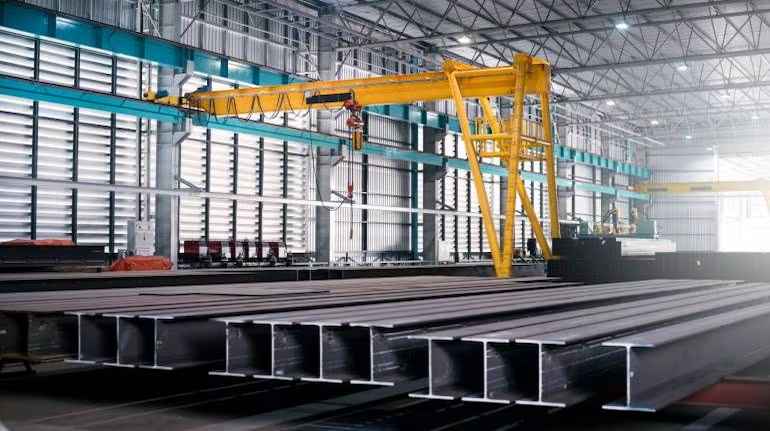India’s steel and trade ministries are currently in talks about the rising influx of steel imports, particularly the abundant supply of low-cost Chinese products. This discussion follows continuous requests from leading domestic steel producers for increased tariffs, as per a government source familiar with the issue.
In the fiscal year ending March 2024, India became a net importer of steel. This trend has continued, with finished steel imports reaching a five-year peak in April and May, according to provisional government data. During this period, India imported 1.1 million metric tonnes of finished steel, representing a 19.8% increase from the previous year.
A significant portion of these imports comes from China, the top steel exporter to India, the third-largest economy in Asia. This surge in Chinese steel imports has raised alarms among major Indian steel producers, such as Tata Steel, which have identified it as a growing concern. The rising imports have prompted India’s steel mills to repeatedly call for government intervention and increased import duties. However, the federal Ministry of Steel has so far resisted these demands, citing robust local demand as a counterargument.
On Saturday, a senior executive at ArcelorMittal Nippon Steel India urged the government to consider raising the basic customs duty on steel from 7.5% to 12.5%, in light of the surging imports. The executive’s call for increased tariffs reflects the industry’s broader anxiety over the potential impact of cheap Chinese steel on the domestic market. The government’s deliberations are taking place amid a broader context of trade tensions and economic recalibrations. As the influx of Chinese steel continues, Indian policymakers are under pressure to balance the needs of domestic steel producers with broader economic considerations. The outcome of these discussions could have significant implications for India’s steel industry and its position within the global market.
Monitoring and potentially restricting the influx of inexpensive steel imports is crucial to protect the interests of local manufacturers. The government’s decision will be closely watched by industry stakeholders, who are advocating for measures to ensure a level playing field in the face of competitive pressures from international markets.
The steel import situation underscores the complexities of global trade dynamics, where domestic policy decisions must navigate the intricate interplay of local industry needs and international economic relationships. As India grapples with these challenges, the future of its steel sector hangs in the balance, with potential policy shifts poised to reshape the industry’s landscape.




